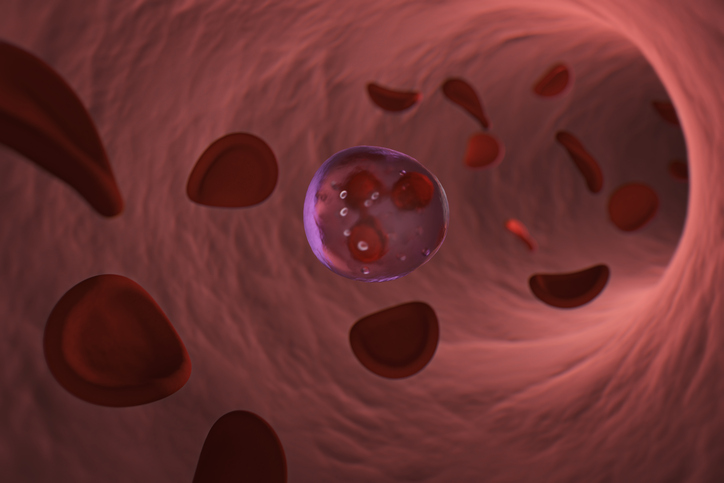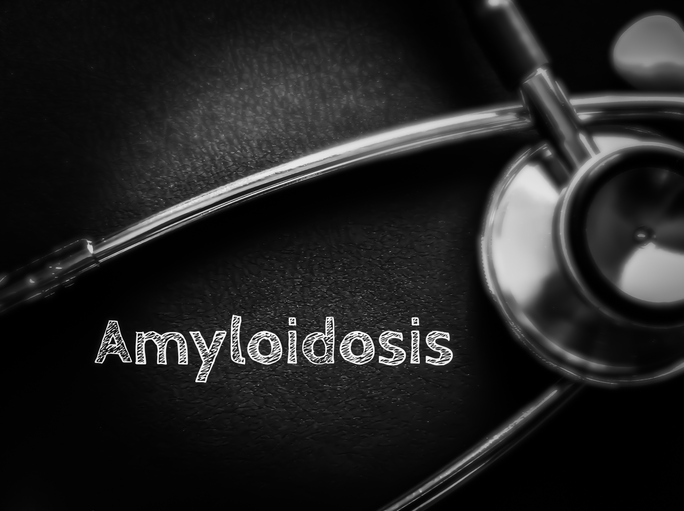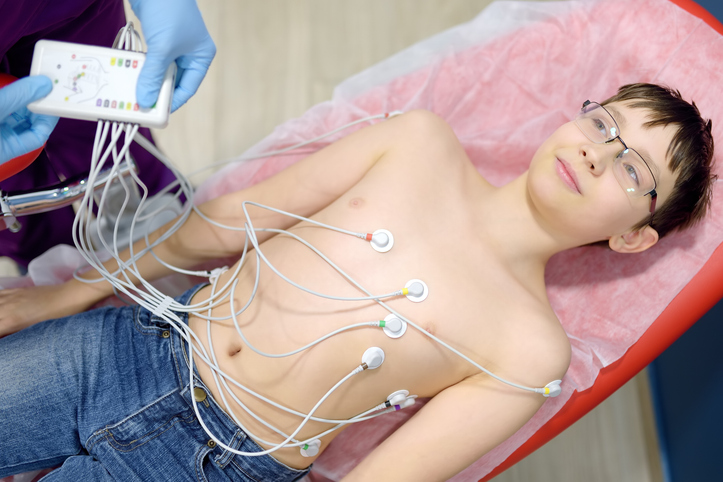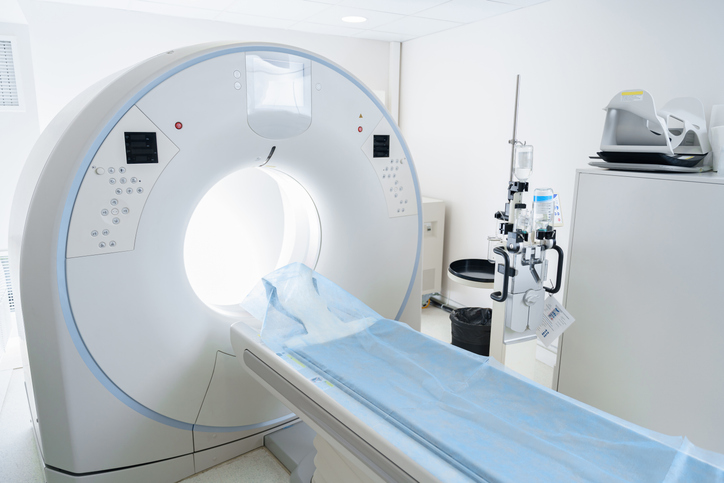
Cardiac channelopathies are responsible for 3% of all sudden cardiac deaths (SCDs) in young people, according to the recent clinical synopsis AHA/ACC/HRS guidelines for management of patients with cardiac channelopathies.
The authors highlighted many recommendations within the guidelines. Beta-blockers were recommended for patients with long QT syndrome or catecholaminergic polymorphic ventricular tachycardia. For patients with a history of SCD, an implantable cardioverter-defibrillator (ICD) is recommended, as well as in those with beta-blocker-resistant high-risk long QT syndrome, patients with catecholaminergic polymorphic ventricular tachycardia and recurrent sustained VT or syncope, those with Brugada syndrome with spontaneous cardiac arrest, and patients with early repolarization. In patients with recurrent ICD shocks, intensive medical therapy or left cardiac sympathetic denervation was recommended. Patients with Brugada syndrome (in whom there are recurrent ICD shocks or patients who are ICD-ineligible) require more intensive therapy (including quinidine or catheter ablation). Genetic counselling and mutation-specific genetic testing are recommended for immediate relatives of patients who have a cardiac channelopathy, although this recommendation comes from moderate-quality data and therefore high-quality data should be obtained for this intensive testing.
The document also detailed gaps in knowledge needed for further guidelines and future research These gaps included understanding the role of ICD in patients with inherited cardiac channelopathies, as well as comparing transvenous and subcutaneous ICDs.
Latest Guideline Synopsis in @JAMACardio Management of Ventricular Arrhythmias and Sudden Cardiac Death Risk Associated With Cardiac Channelopathies https://t.co/9MBDYDfZBd@NMHheartdoc @HeartBobH @leftbundle @ACCinTouch @AHAScience @HRSonline @DCRINews pic.twitter.com/34LlJaC8SP
— Gregg Fonarow MD (@gcfmd) June 27, 2018
Source: JAMA Cardiology







 © 2025 Mashup Media, LLC, a Formedics Property. All Rights Reserved.
© 2025 Mashup Media, LLC, a Formedics Property. All Rights Reserved.